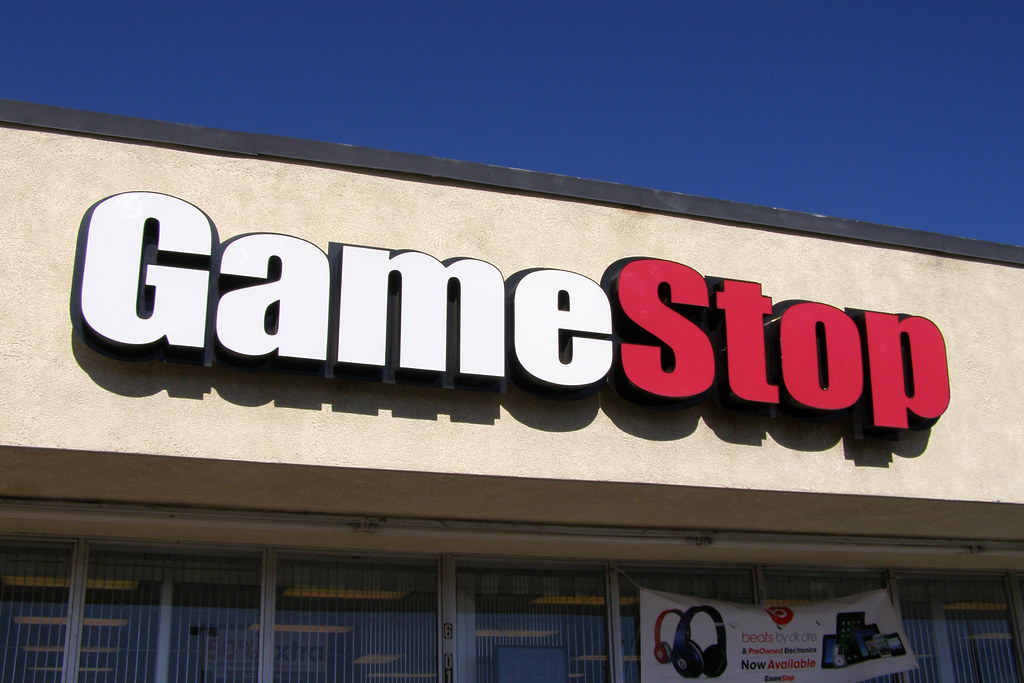When members of the Reddit community r/WallStreetBets used strategic methods to attack large hedge funds, critics quickly accused them of market manipulation. Hedge fund manager Michael Burry wrote in a now-deleted tweet, “what is going on now — there should be legal and regulatory repercussions.” However, the banking industry has manipulated the system and profits off of others’ suffering for decades without much criticism.
In a society that values the free market and free will, all members should have equal ability to partake in the market. The rise of social media has allowed everyday Americans to utilize strategies that have long been inaccessible to them but repeatedly used by Wall Street. Critics demand small investors face the consequences of using these tactics, but this is a double standard. Large investment firms make high-value investments daily, allowing them to influence the market. Oftentimes, for the large investors to make a return, someone else must lose money. If regulations are implemented that prevent citizens from investing, the market power will lie entirely with the Wall Street establish

Retail GameStop (ccPixs.com/Creative Commons)
ment, as it has for decades.
Members of the popular Reddit forum r/WallStreetBets noticed that numerous hedge funds invested heavily via short selling. Short selling allows investors to borrow and sell quantities of a stock that they expect will decrease in value. When the investors predict correctly, they gain from the price decrease when buying back the stock, but the losses are unlimited if they don’t. Investors used this technique recently to profit from the decreasing stock value of brick-and-mortar stores. The Reddit community then coordinated their actions to form a short squeeze. The community purchased an astronomical number of the GameStop Corporation (NYSE: GME) stock shares, which drove the prices up, peaking at $483 on Jan. 28. This attack was not solely motivated by the potential for earnings, however; many of these investors grew up during the 2008 economic crisis. This short squeeze is overdue compensation for the suffering they and their families endured due to decisions made by Wall Street.
When the market power lies entirely with the banking industry, Americans suffer while Wall Street continues to thrive. From 1970 through the 2000s, banks loaned billions of dollars to people with low credit scores and no verified incomes; these customers were further enticed by low introductory rates that would increase within a few years. As interest rates on these loans and unemployment rates skyrocketed simultaneously, banks foreclosed on the homes of millions. Banks continued to give out these predatory loans to bundle and sell them to larger firms for a net gain. The banking industry completely disregarded the impact of these harmful actions until they affected them. Their actions forced many banks to close, while Goldman Sachs and many others, posted a loss of $2.1 billion.
Wealthy investors gained from the 2008 economic crisis at the expense of others. When some investors realized a bubble had formed, they shorted mortgage bundles — the same type of investment made with GME. When this bubble popped in 2008, these investment bankers made millions while Americans lost their homes and jobs. These investors only care about money — even when it is at the cost of the suffering of millions.
The stock market poorly represents the financial situation of most Americans, because to earn a substantial profit requires an excessive amount of preexisting wealth. The Standard & Poor’s 500 index increased by more than 650 points from March to December last year, ending the year at 3,756 points. Meanwhile, unemployment rates in the U.S. soared, reaching 14.8% nationally and 12.6% in Georgia alone. The health of the stock market represents the increasing wealth of a small percentage of Americans rather than the financial well-being of the majority of Americans.
Wealthy investors continue to earn money hand over fist. Why punish Americans who challenged hedge funds by using tactics that have long been accessible and promoted to wealthy investors? Small investors already hold such a minuscule amount of power in the market. If the U.S. restricts small investors, the banking establishment will maintain its financial dominance while everyday Americans toil.
Jacqueline Hubbard (23C) is from Frederick, Maryland.
Jackie Hubbard (23C) is from Frederick, Maryland, majoring in Linguistics. Outside of the Wheel, she is a member of the Emory Concert Choir and a mentor for high school students with Matriculate. In her free time, she enjoys visiting National Parks, baking, and scrolling endlessly on TikTok.




Jackie,
You write… “The stock market poorly represents the financial situation of most Americans, because to earn a substantial profit requires an excessive amount of preexisting wealth. The Standard & Poor’s 500 index increased by more than 650 points from March to December last year, ending the year at 3,756 points. Meanwhile, unemployment rates in the U.S. soared, reaching 14.8% nationally and 12.6% in Georgia alone. The health of the stock market represents the increasing wealth of a small percentage of Americans rather than the financial well-being of the majority of Americans. ”
I’m not disagreeing with your overall point, but talk about skewing the facts. You’re describing the unemployment rate at the peak of the pandemic unemployment in March/April… the S&P got crushed right around that same time frame (fell about 30%.) In the same time that you cite an S&P rise, unemployment has steadily fallen (now around 6%). You are citing data points that occurred almost a year apart from each other…